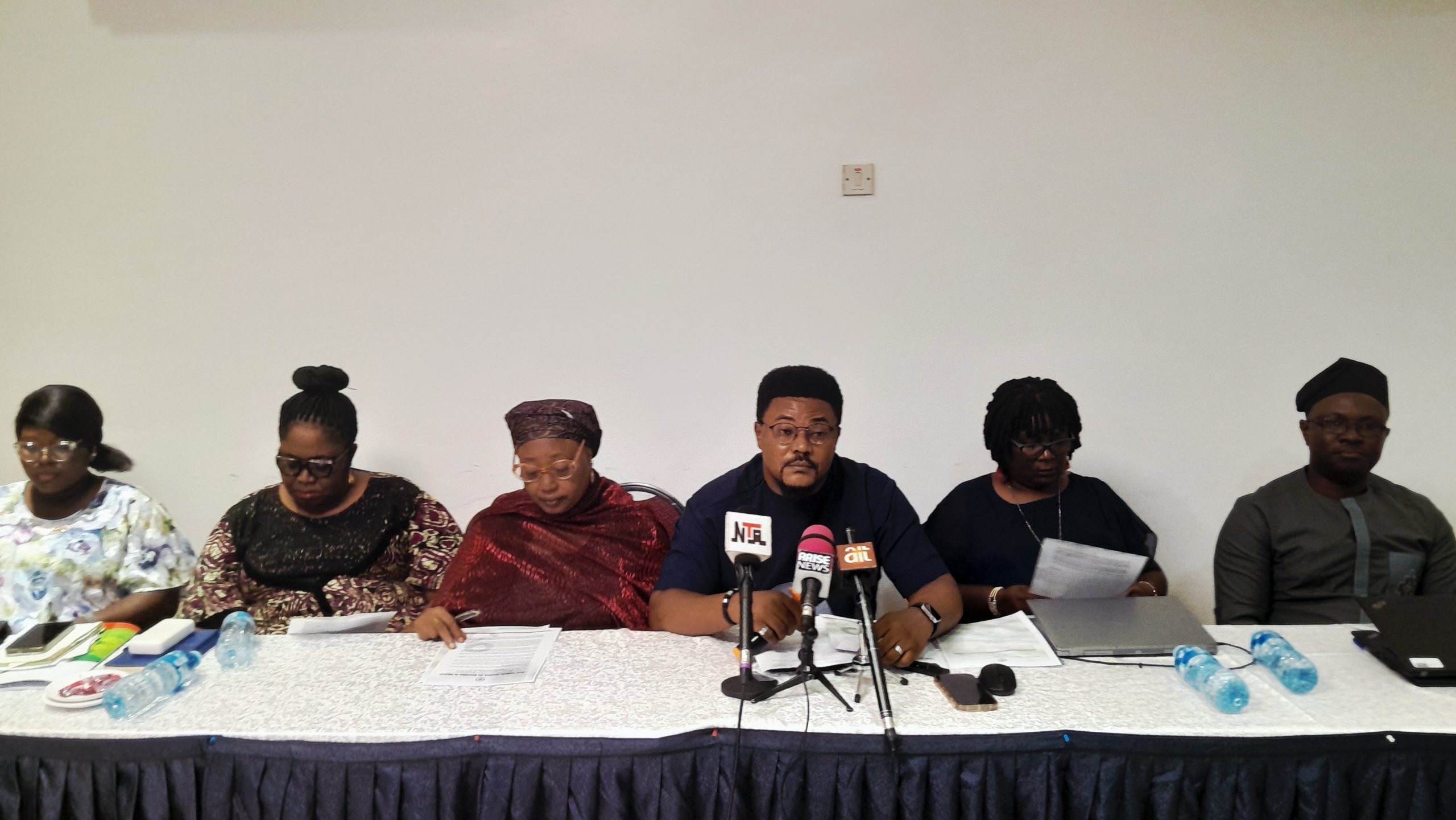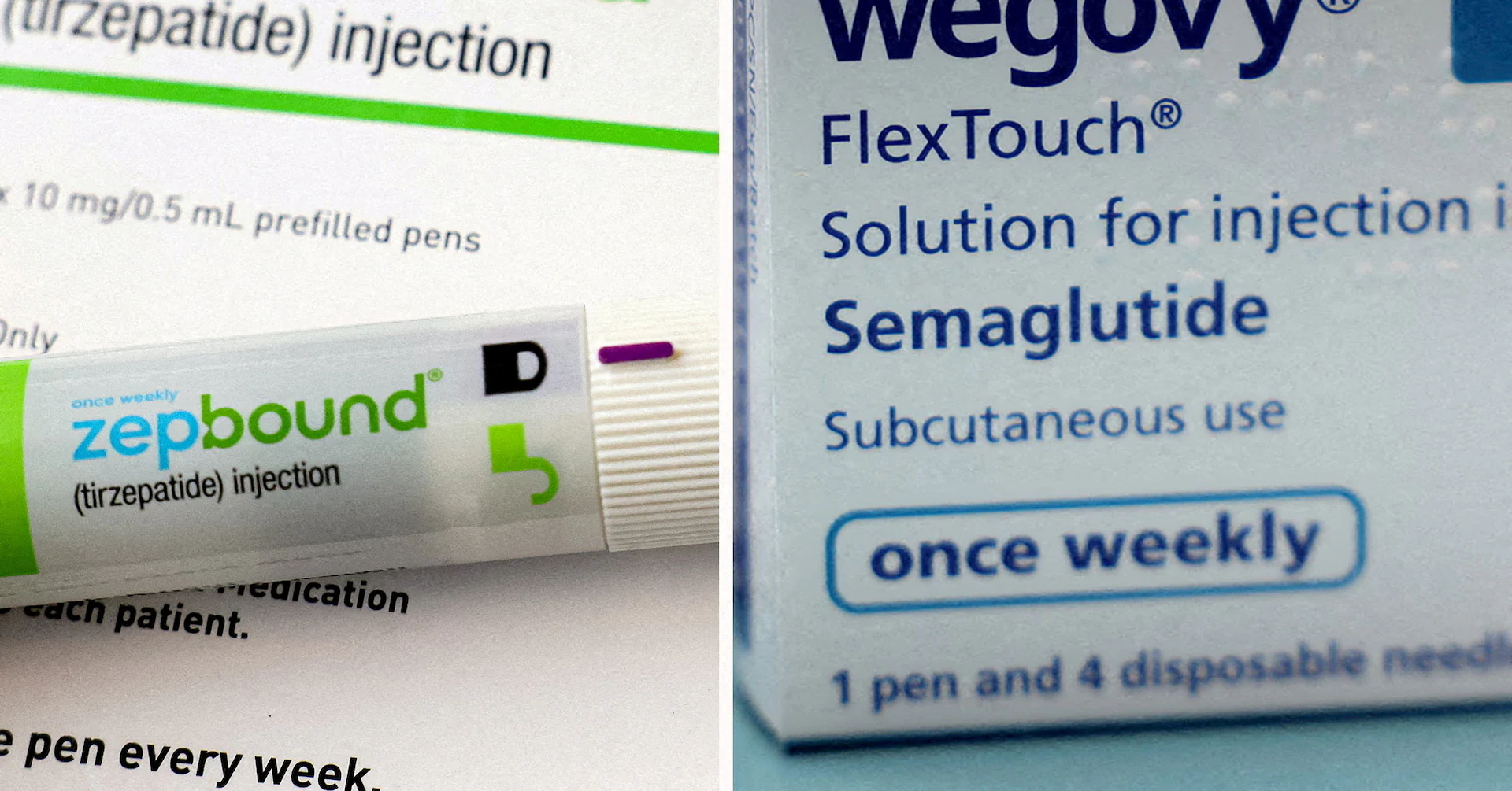By Kazeem Biriowo
Copyright tribuneonlineng

The Federal Government has raised concerns as anemia remained a major public health issue affecting 58 per cent of women of reproductive age and 68 per cent of children under five in Nigeria.
It said, the consequences of anemia in pregnancy to include maternal morbidity and mortality, stillbirth, pre-term delivery, intrauterine growth retardation, congenital malformations, reduced immunity and postpartum cognitive impairment.
The Senior Medical Officer at the Ministry of Health and Social Welfare, Dr Maria Odey-Bisong in her presentation at a media roundtable on Anemia Prevention, Reduction and Other Nutrition Related National Issues in Nigeria, however, explained that the Multiple Micronutrient Supplements (MMS) is efficacious, safe, cost-effective and affordable available and recommend for pregnant women to use against anaemia.
The media roundtable themed, “Headline that Saves Lives: Media power against anaemia and Malnutrition was organised by the Civil Society – Scaling up Nutrition in Nigeria (CS-SUNN).
While speaking further, Odey-Bisong also explained the MMS contains 15 vitamins and minerals, including iron and folic acid, in recommended dosage of one tablet per day.”
She noted that progress has been made in MMS policy development, but that now is the time to accelerate implementation, ensure equitable coverage and secure sustainable supply.
Also speaking, the Nutrition Manager at the United Nations Children’s Fund (UNICEF), Prosper Dakurah, said MMS provided the necessary micronutrients for the health of mothers and babies, leading to better pregnancy outcomes.
He said, “Over the years, we have included multiple micronutrients in the National Micronutrient Control Guideline, which is an excellent achievement and beyond that, MMS is now part of the Essential Medicines List.
“In 2024, we distributed about three million bottles across the 36 states and the Federal Capital Territory (FCT) and in 2025, we are distributing another three million bottles.
“Unfortunately, only 30 to 40 per cent of pregnant women currently have access to MMS, meaning about 60 per cent are left out and this gap must be filled through sustainable financing.”
Dakurah noted that for the past few years, the six million bottles distributed were donated to Nigeria and distributed free of charge but that by 2026, the government is to provide resources to ensure procurement and continued distribution.
The Senior Technical Advisor, Family Health International (FHI 360) Alive and Thrive Initiative, Toyin Gabriel, stressed the importance of reaching adolescent girls with the right micronutrients.
“The Child Nutrition Fund (CNA) offers a matching fund opportunity that for every one Naira invested, partners like UNICEF will match it, doubling the value.
“It is a huge investment opportunity that should not be missed,” she said.
The Executive Secretary, FCT Primary Health Care Board, Dr Ruqayya Wamakko, said anaemia was a major concern in Nigeria, including in the FCT, where urban slums and hard-to-reach communities still lacked adequate access to information and services.
She added that in spite of the high-rise buildings in the FCT, there are communities without basic amenities where women of reproductive age do not have access to nutrition information or supplements.
She, however, called for partnership to promote the consumption of locally available food to improve blood health, particularly among adolescent girls who lose blood monthly and need to replace it.
Meanwhile, the Executive Secretary of CS-SUNN, Sunday Okoronkwo represented by the Communication Manager, Peters Olushola, called on state governments to strengthen the integration of MMS into antenatal care protocols.
“It is essential to train health workers to deliver MMS effectively and educate mothers on its importance.
“States must also establish strong monitoring systems to prevent stockouts in health facilities.”
He also called on the media to amplify the advocacy, adding that headlines must translate into life-saving actions that prevent anemia and improve maternal outcomes.
ALSO READ TOP STORIES FROM NIGERIAN TRIBUNE



